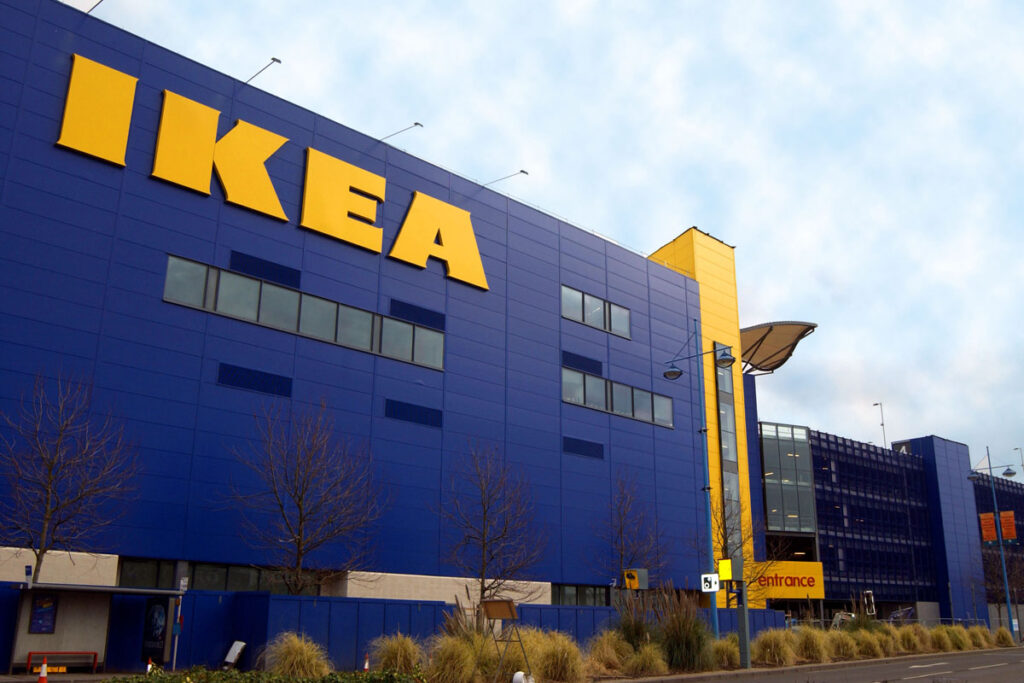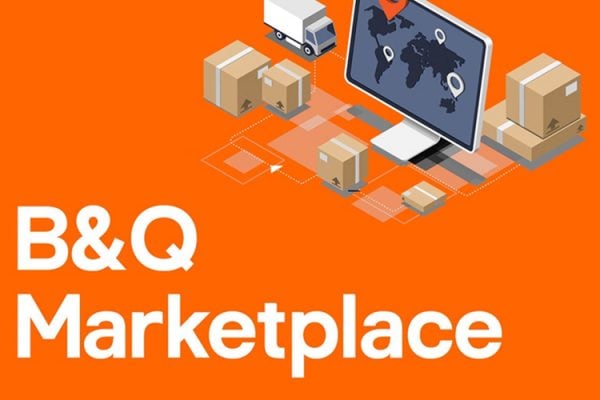IKEA are have announced that they are planning to start selling IKEA products on third party websites. They’ve been a bit coy about which websites these will be, but it would make sense that they’re considering eBay and Amazon in the UK and perhaps sites like Alibaba‘s TMall to attack the far east market.
Most people think of IKEA for flat pack furniture, but they have a vast range of household goods including the IKEA Home Smart products which are compatible with Amazon’s Echo as well as Google Home. It makes a ton of sense for smart home products to appear on the marketplace where you buy your Echo from.
Dan had some interesting perspectives from his time at eBay where he revealed discussions with IKEA and that they had concerns over how they’d fulfil products back in the day. Of course now there are plenty of companies who specialise in such assistance – Trojan immediately spring to mind with their ability to offer Seller fulfilled Prime on behalf of retailers as well as handle the storage, shipping and running marketplace stores on behalf of brands.
IKEA are an interesting example of what it takes to be successful on marketplaces and one that all retailers no matter how large or small could learn from. IKEA have their unique products – they manufacture them themselves so there is absolutely no danger of Amazon undercutting them – IKEA are the defecto source and all Amazon could do is approach them to become a 1st Party Amazon Vendor supplier instead of being a 3rd Party Amazon Merchant.
IKEA already know their customers well, they know the designs they like and doubtless have a ton of customer insights which mean they know who to market to when. The thing that IKEA are currently missing is that you can pretty much only buy direct from IKEA (although there are a few resellers who’ll source from a local IKEA store and resell online). It makes an awful lot of sense for IKEA to make their products available where ever their customers prefer to shop, be that eBay, Amazon or another online venue. IKEA only have a couple of dozen stores in the UK so, for most customers, it’s a day trip to go shopping. Making products available on marketplace instantly give shoppers the ability to pick up additional items at times they might consider an alternative.
“In order to prosper in the Amazon age you need to be master of:
- Product
- Customer
- Operations”
– Ian Jindal, Editor in Chief of our sister publication InternetRetailing
The final building block in the chain is operations, but as we’ve previously noted this can all be outsourced. There’s no need to do the heavy lifting and build an entire ecommerce marketplace team for the technical, logistics and customer service side of marketplace selling. All that can be bought in with the advantage that you’re engaging experts that run marketplace businesses day in day out. If you’re willing to handle the logistics then the likes of Pentagon can help, if you don’t even want to do the shipping then Trojan can assist.
The key takeaway has to be that shoppers in 2017 are no longer always willing to go to your store or shop on your website. Even a retailer with the pulling power of IKEA recognises this. What you do need is a product which is unique to you either because you manufacture it or because you add value that the marketplaces themselves are unable to do. eBay won’t compete with you, Amazon will. Even on eBay other traders will compete but owning the product puts you in a unique situation.
If you’re worried that Amazon could (and at some point in the future probably will) cut you out of the supply chain start thinking about how you can create your own products. Amazon view merchants as an inconvenience who add cost into the supply chain but add little in value other than product sourcing an stock holding. If they can arrange product direct from the manufacturer and funnel it through their own logistics then they’ll no longer need you adding cost in the middle. That’s a problem that IKEA will never face.








